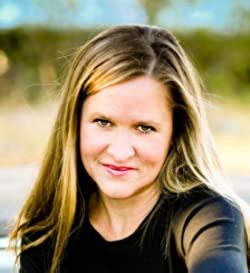A Quote by Antonya Nelson
I guess the thing I would say most fervently is that your original impulse to write something is an impulse you should trust, and that if it doesn't work on the first draft, which it hardly ever does, the commitment to revising ought to be something you embrace really early. And to revise and revise and revise.
Related Quotes
One great aim of revision is to cut out. In the exuberance of composition it is natural to throw in - as one does in speaking - a number of small words that add nothing to meaning but keep up the flow and rhythm of thought. In writing, not only does this surplusage not add to meaning, it subtracts from it. Read and revise, reread and revise, keeping reading and revising until your text seems adequate to your thought.
When you edit, you imagine your enemy is seated on the other side of the table. Your enemy! And your enemy is going to read that with a viciousness, because he knows where you didn't work on it. He's going to shake it and really aim for that jugular. So you are going to polish, and revise, and rewrite, and cut out, and shape it, so that your enemy has no place to grip it. That's how you revise.



































